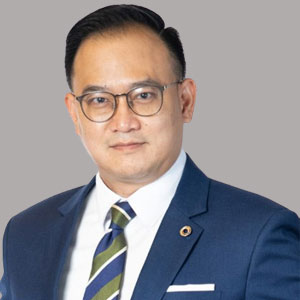THANK YOU FOR SUBSCRIBING
Editor's Pick (1 - 4 of 8)

David Kennedy, Group CIO, Transaction Services Group
We need to make sure that the entire organization channels the spirit of entrepreneurialism if it wants to create more value and connect with customers
Weekly Brief
I agree We use cookies on this website to enhance your user experience. By clicking any link on this page you are giving your consent for us to set cookies. More info
Read Also
Artificial Intelligence - Myths And Truths
Geraldo Pereira Junior, Chief Information Officer, Ypê
Sustainable Future through Innovative Technology Solutions
Faisal Parvez, Director, BT Business CIO
The Future Relies on Augmented AI
Laurent Fresnel, CIO, The Star Entertainment Group
Digitalization with the use of digital technologies/Improving business through digital technologies
Wilbertus Darmadi, CIO, Toyota Astra Motor
How Marco's Pizza Leaned On Technology To Succeed Amid The Pandemic By Quickly Pivoting To Contact-Free Delivery And Curbside Carryout
Rick Stanbridge, VP & Chief Information Officer, Marco’s Pizza
Bunnings Diy Digital Transformation
Leah Balter, Chief Information Officer, Bunnings
For a Smarter City: Trust the Data, Ignore the Hype
Brad Dunkle, Deputy CIO, City of Charlotte
Smart Community Innovation for the Post Pandemic
Harry Meier, Deputy Cio for Innovation, Department of Innovation and Technology, City of Mesa





















